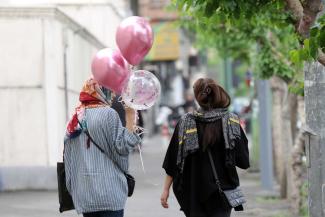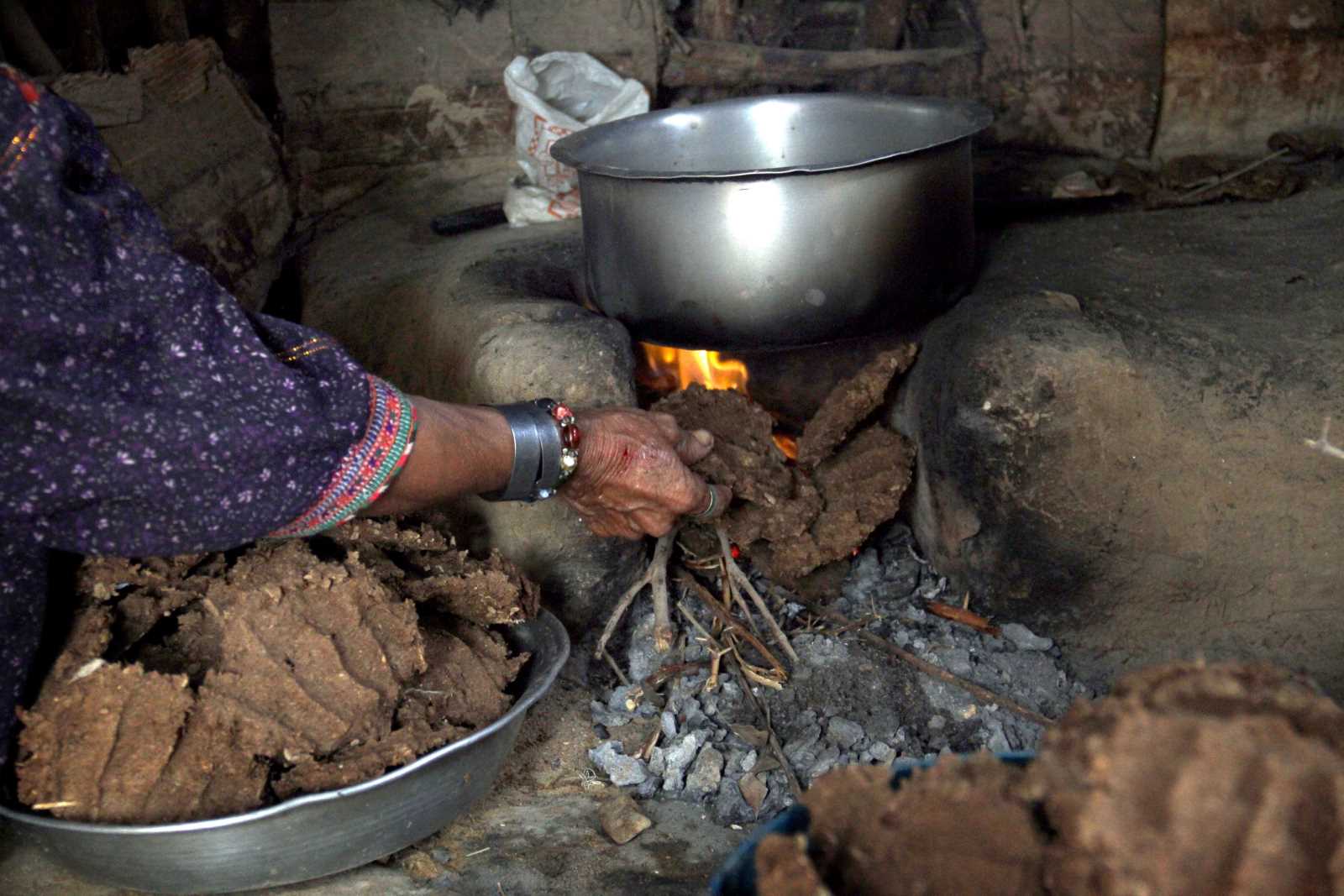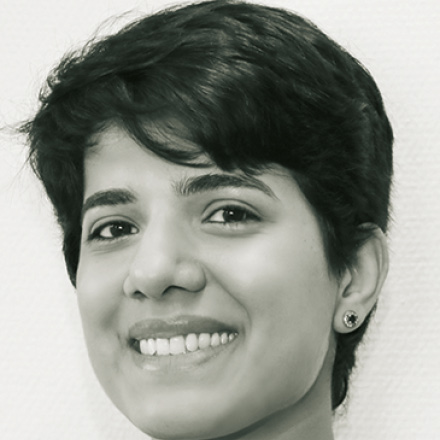Authoritarian dress code
Iran’s regime is trying to enforce hijab rules again

The trend started in a wave of protests which erupted in September last year after 22-year-old Jina Mahsa Amini died in police custody. She had been arrested for not wearing her hijab tight enough. For quite some time, many Iranian women have been wearing it somewhat loosely.
Sepideh Rashnu, an Iranian writer, has expressed her anger in poignant words. “In the 21st century, while NASA is sending its most powerful telescopes to explore black holes in the Milky Way, and artificial intelligence is attempting to simulate human sleep, in Iran, I find myself confined to an interrogation room, forced to write on interrogation papers that I have the right to protest against the compulsory veiling as a citizen.” Rashnu endured imprisonment for protesting against state-imposed hijab rules. Countless women share her frustration.
The piece of cloth is emblematic of women’s oppression. The extremist regime, which is dominated by men and uses Islam to justify its authoritarian rule, requires its use. The obligation to wear the headscarf infringes upon women’s freedoms, restricts their autonomy and reinforces gender inequality. This duty helps the regime to control women at a time in which the female share of the student population in universities is larger than the male share. That is even true in fields that are still male dominated in the west.
Protests against veiling duties are therefore about more than opposition to a simple piece of clothing. They are about women demanding their rightful place in society. They challenge the entire theocratic system which disregards women’s rights as well as human rights.
In recent months, Iranian women have shown incredible determination and resilience. Especially in the cities, many have stopped covering their hair in public. This trend started in September last year after protests erupted across the country because of Amini’s death. The morality police had arrested the young woman because she was not wearing her hijab properly. She did not survive her detainment.
Woman, Life, Freedom
The motto was “Woman, Life, Freedom”. The regime responded with brutal repression. Observers estimate that, from September to April, more than 500 persons were killed during protests. Moreover, four death sentences were carried out.
While the security forces were busy stopping demonstrators and controlling large groups of people, they were unable to enforce the hijab rules in daily life. It became common not to wear one anymore. For a long time, the authorities pretended not to notice such individual acts of defiance.
Now, however, they want to enforce the hijab mandate once more. Whether they will succeed, is an open question. Quite obviously, the regime is afraid of retriggering the protests, but it does want to show it is still in power.
The police have started installing surveillance cameras in public spaces to identify women without headscarves. Many women have received warning messages on their mobile phones, alerting them to recorded hijab-rule violations. Moreover, the police have closed down some shops and restaurants because they did not enforce veiling rules on their premises. The economy is in crisis, so such action is very tough on business owners and their families. However, customers have begun to stay away from places that do enforce the traditional dress code, which also means reduced revenues.
The battle against mandatory hijab is not over. Various campaigns have emerged in support of the women. Some initiatives, for example, invite men to wear short trousers or headscarves to level the playing field and reduce the risk of women being singled out. In a similar sense, some individuals display civil courage by expressing solidarity with women who are verbally or physically attacked for not covering their hair.
Indeed, even people from religious backgrounds are showing more empathy. Traditionally conservative people see that the regime’s oppression is excessive and unjust. The collective mindset is changing. The regime will try to slow this trend down, but it will not be able to stop it.
Shora Azarnoush is a journalist and lives in Bonn.
shora.azarnoush@gmail.com











